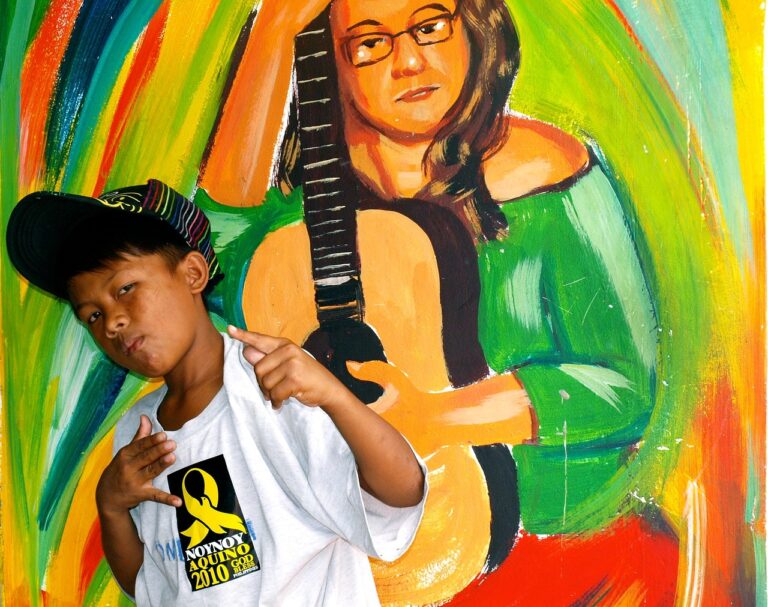The Influence of Social Media on Celebrity Culture and Fan Engagement
In the past, celebrities were often seen as distant figures, shielded by their publicists and managers. The only glimpses fans got into their lives were through carefully curated interviews and appearances. However, with the rise of social media, the dynamics have shifted dramatically. Celebrities now have the power to directly engage with their fans on platforms like Twitter, Instagram, and TikTok. This has humanized them in the eyes of their followers, making them more relatable and accessible.
Fans no longer have to rely solely on tabloids or press releases to get updates on their favorite stars. Through social media, celebrities can share personal stories, behind-the-scenes moments, and even interact directly through comments and live streams. This level of direct engagement has fostered a sense of intimacy between fans and celebrities, creating a more personal connection that transcends the traditional boundaries of fame. The evolution of celebrity interaction with fans has not only changed how celebrities are perceived but has also revolutionized the way they can leverage their platform to connect with their audience.
The Rise of Influencer Culture on Social Media
In today’s digital age, social media has given rise to a new breed of celebrities known as influencers. These individuals have amassed large followings by sharing their lifestyles, opinions, and expertise on various platforms such as Instagram, YouTube, and TikTok. Through carefully curated content, influencers have the ability to connect with their audience on a more personal level than traditional celebrities.
Unlike traditional celebrities who are often seen as distant and unattainable, influencers offer a sense of relatability and authenticity that resonates with their followers. This level of connection has paved the way for brands to collaborate with influencers for marketing purposes, leveraging their influence to reach and engage with a highly targeted audience. As the influencer culture continues to grow, it has sparked a shift in how individuals perceive fame and success in the digital age.
How Social Media Platforms Have Redefined Celebrity Status
The advent of social media has revolutionized the way celebrities interact with their audience. Platforms like Instagram, Twitter, and TikTok have provided stars with direct access to their fans, allowing for a more intimate connection compared to traditional media channels. This shift has blurred the lines between celebrities and their followers, creating a more personal and engaging form of celebrity status.
Furthermore, social media has democratized fame by providing a platform for ordinary individuals to gain recognition and influence. Influencers have emerged as a new breed of celebrities, often surpassing the reach and engagement of traditional Hollywood stars. This shift highlights how social media platforms have redefined the concept of celebrity status, focusing more on relatability and authenticity rather than just fame and glamour.
How has social media changed the way celebrities interact with their fans?
Social media has made it easier for celebrities to directly connect with their fans through platforms like Instagram, Twitter, and TikTok. They can share personal updates, engage in conversations, and even respond to fan comments in real-time.
What is influencer culture and how has it impacted social media?
Influencer culture refers to individuals who have established credibility in a specific industry and have a large following on social media. These influencers often collaborate with brands to promote products or services, and their recommendations can have a significant impact on consumer behavior.
In what ways have social media platforms redefined celebrity status?
Social media platforms have democratized fame, allowing individuals to become celebrities based on their online presence rather than traditional measures of success. This has led to the rise of social media influencers who can achieve celebrity status through their content and engagement with their audience.







